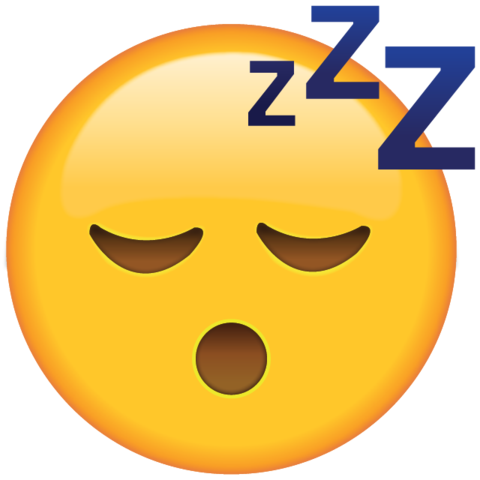West End Healthline: Beyond Counting Sheep
Why it’s important, how to sleep better
by Emily Friedrichsen, MD
As we find ourselves in the middle of a pandemic, our daily routines are significantly disrupted and our anxiety levels are high. Getting enough quality sleep is tough in our society in the best of times, and it can be even harder in these times of uncertainty. However, establishing routines to improve sleep is important to improve wellbeing, decrease stress and boost the immune system.
Studies have shown that people who get more sleep have decreased levels of stress and a better mood. High levels of anxiety can make it difficult to sleep because anxiety causes increased activity of the sympathetic nervous system – also known as the “fight or flight” response. Getting good sleep can improve the immune system. We don’t know yet how sleep might affect COVID-19, but getting good sleep prepares our body to fight off other infections, so it is likely that it will help with this infection as well.
So, with all the good things that sleep does for our bodies, how do we get better sleep? Routines we have surrounding sleep affect sleep quality and quantity. Several important features to creating a good bedtime routine are listed below.
Schedule a set bedtime and a set wake-up time. Being consistent with your bedtime and wake-up even on weekends and during unusual times like this helps your body to learn when to expect sleep and makes the waking to sleeping transition easier.
Remove all screens from the bedroom. The blue light from screens like cell phones, tablets and TVs tricks our brains into thinking that it is still day time and prevents our brains from making the sleep hormone, melatonin. Try reading, coloring, meditation or quiet conversation to fill that time.
Get at least 30 minutes of exercise that increases your heart rate every day. Try walking, jogging or home work-out videos while the gyms are closed. This helps both your muscles and brain feel tired when bedtime comes, and also reduces anxiety.
Get sunlight during the day, especially in the early morning hours. This helps set your sleep hormones and trains your brain that day time is for being awake and night time is for being asleep.
Avoid any caffeine after 3pm. The effects can last in the body for at least 6 hours, even if you’ve stopped feeling them.
If you can’t fall asleep, you should get out of bed, move to another room and do another quiet, non-screen-based activity until you feel sleepy. Once you feel sleepy, try laying down again. Don’t try to lay in bed to fall asleep for more than 20-30 minutes.
Try a deep breathing exercise every night prior to falling asleep to help quiet your fight or flight mode, especially if you are feeling anxious. Breathe in for 4 counts, hold for 7 counts and breathe out for 8 counts. Repeat at least 3 times or until you feel calmer. This helps to stop the fight or flight response.
While sticking to routines can be challenging in a time where all of our other routines are disrupted, working hard to stick to a sleep routine can help provide structure for the rest of the day, decrease anxiety and improve physical well-being. I encourage you to try these tips and watch your sleep improve!




